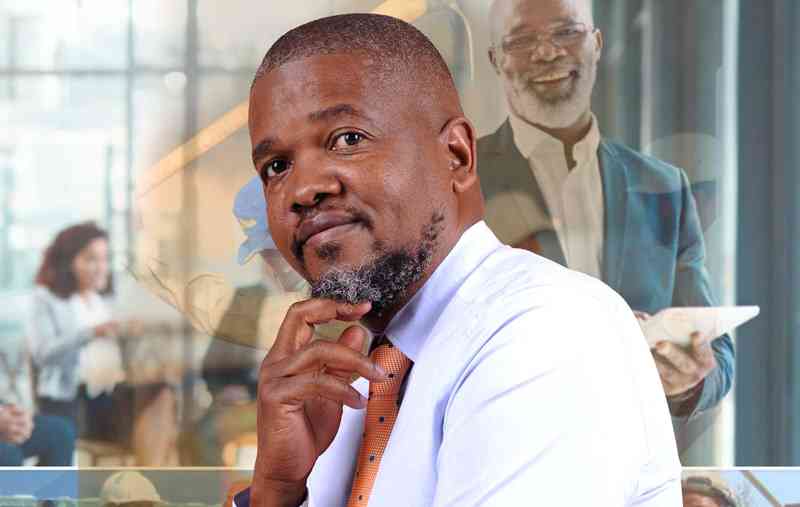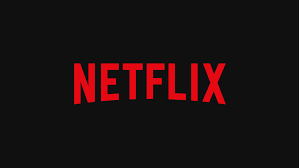
It is easy for a people in a survival mode to turn important things into mantras that are just said with no action or even belief.
Sometimes it is not even just belief, but knowledge and understanding also, where something is not taken seriously because it is not understood.
This gets worse when leadership, in the form of managers and directors do not understand and appreciate certain phenomena and so do not believe and implement.
Time and other resources are then spent on survival and glimmers of success and hope keep them going but with no assurance for permanence, growth, and survival.
What the knowledge sector has not taken seriously has been going all out to make the workplace understand important behavioural phenomena to inculcate a culture of implementation based on those principles.
For that reason, it has remained difficult to sell these important people products because specialisation has only been alive in other departments.
It is easy to get attention if you come forward with a finance idea.
Everyone listens and you are taken seriously. When we are on a survival mode, the human resource suffers and other areas of business sort of ‘thrive.’
- Mavhunga puts DeMbare into Chibuku quarterfinals
- Bulls to charge into Zimbabwe gold stocks
- Ndiraya concerned as goals dry up
- Letters: How solar power is transforming African farms
Keep Reading
I say sort of, because there is no thriving without the human resource being an integral part of the success formula.
That kind of success is temporary and to a large extent detrimental to health, wellbeing, the real meaning of life and business.
There is a customer care and employee commitment crisis in the workplace, and it is easy to shift the blame to our economic challenges.
If our commitment is only possible under certain circumstances, then it is not commitment. It is empty commitment that is only seasonal.
The biblical adage that we thrive in season and out of season comes to mind. Any customer care and commitment that comes outside this adage is nothing to bank on.
We are weak as a people when we cannot dance with adverse external conditions and thrive.
It means we are weaker than the external and so surrender to conditions as humanity and that is sad.
I have written about adverse conditions and the potential they present to us if taken with understanding.
I write at length about this in my book with a rough title called Sh*t Consciousness. I came up with a definition of resilience which goes, Resilience is going through sh*t and coming out smelling good…My point is that Zimbabwe is going through a bad patch.
We have been here for quite sometime now and many have perished because of our economic, social, and political conditions.
I am not going to sit here and claim strength, but I can argue till cows come home that bad conditions are good for life.
Nature’s examples are umpteen, with flowers thriving through dirt. Flowers sprite out of dark and humid conditions and becomes that beautiful, emitting that kind of scent.
I can claim, much to the chagrin of many that Zimbabwe is indeed open for business, and we do not see it.
I am eager to drive the point home that adverse conditions do not need survival but understanding and action based on understanding.
The cast the net method where we move forward with eyes closed with the excuse that things are bad is poor.
Poor because it robs us and worse of all, posterity. We are killing the future before it is born.
When companies and leadership are on survival mode themselves, what do you expect workers to do?
Yes, if you have been following my writing you will know that I place responsibility on the shoulders of the individual ultimately but with the clarity that leadership has a role to play.
There is a certain level of consciousness a person must attain to thrive under difficult circumstances and so my point is that while we are at the ordinary level of consciousness, we need leadership to facilitate good and productive environments.
People look for jobs and promise serious and big things when being interviewed but once they have the jobs they start drifting away and finding ways to survive.
The highest level of the drifting is when they end up fighting the very employer who gave them a job. Ideally, they should never come to that point and an employer can even appeal to their sense of gratitude to say they gave them a job and so why are they now turning against them.
Human behaviour is more complicated than that. Even children turn against their blood parents under certain circumstances when things go wrong.
Certain principles would have been violated for such sad eventualities to happen.
In the workplace the important cog of ownership is not understood and so not implemented.
Surviving workers will not commit fully to the agenda of the company and this is scientific.
They know consciously or unconsciously that they must make ends meet and so if the employer only goes so far in terms of helping them make ends meet, they will also go so far.
If the employer makes them obtain fifty per cent of their needs, they will also give the same percentage if not less.
This is an unconscious act most of the time, meaning that employees do not sit down to scheme this, but it is something that happens compulsively.
These are natural survival instincts that hit us as human beings and we want to survive.
A good and learned employer then wants to take advantage of the nature of humanity and play with these principles so that instead of them coming with diminishing returns they come with cumulative returns for the organisation.
The employer should check how much they are giving to the employee, and I am not talking about giving money here.
In fact, I do not even believe that an employer should give money to employees because that is not the employer’s role. We can all, if we want, go out there and give to the poor. That is giving.
Employees are in the workplace to have leadership facilitate conditions for them to make money for the organisation and themselves.
That is what leadership should be dreaming about every second.
How do I create conditions for my employees to make a life for themselves? This is the question that should rule the day in the workplace. I deliberately said a life and not money because reducing it to just money makes money itself unattainable.
Ownership is a critical variable of this equation, and an organisation does itself a huge favour when it focuses on breaking down the ownership principle. It is indeed at the heart of the matter.
Work can then be studied with the intention to ensure workers are contained within ownership principles.
In that case customers cease to be viewed as a burden or as belonging to the employer and become their customers. That way, commitment is assured.
- Bhekilizwe Bernard Ndlovu’s training is in human resources training, development and transformation, behavioural change, applied drama, personal mastery and mental fitness. He works for a Zimbabwean company as human capital executive, while also doing a PhD with Wits University where he looks at violent strikes in the South African workplace as a researcher. Ndlovu worked as a human resources manager for several blue-chip companies in Zimbabwe and still takes keen interest in the affairs of people and performance management. He can be contacted on bhekilizweb.bn@gmail.com










